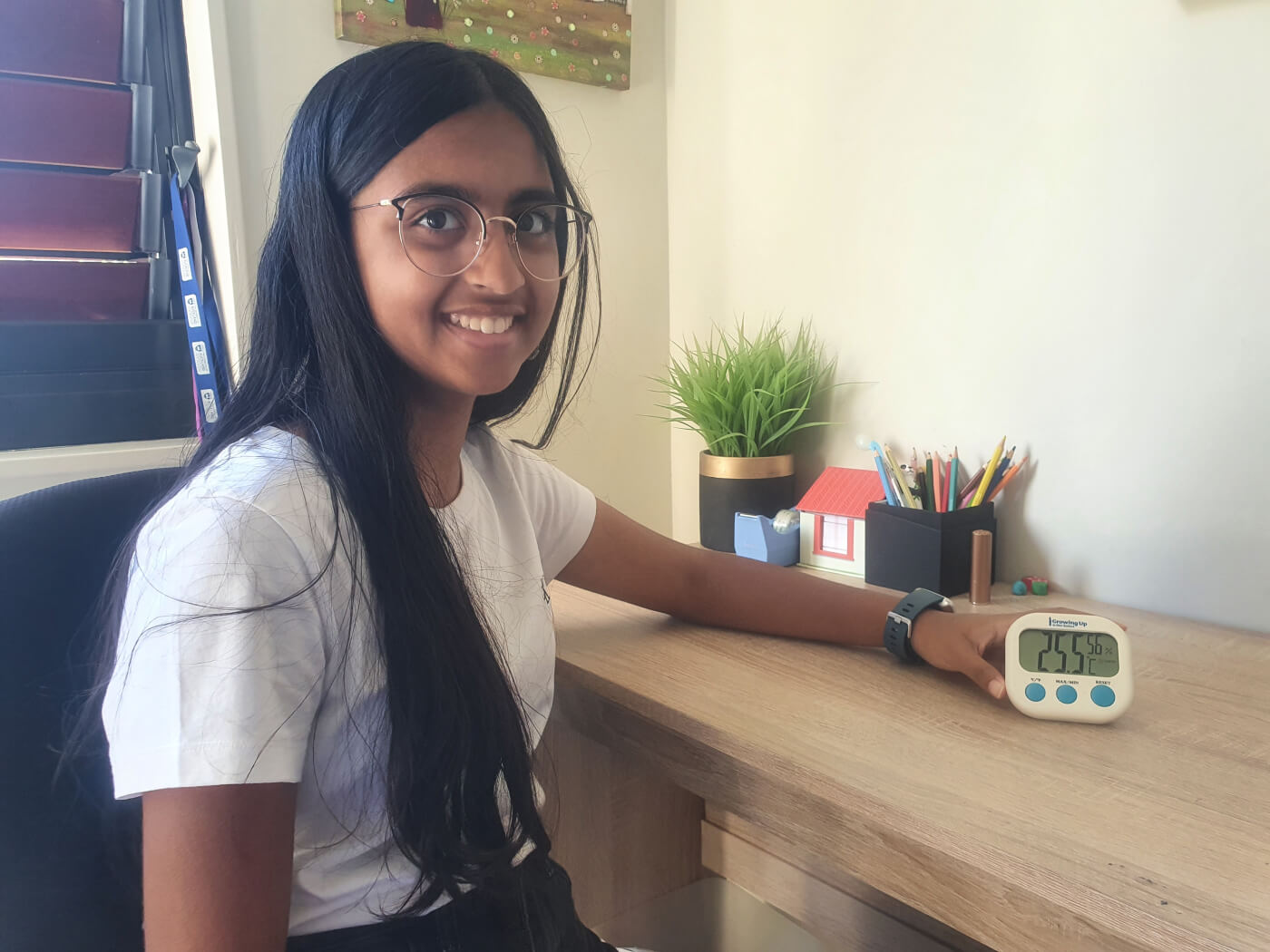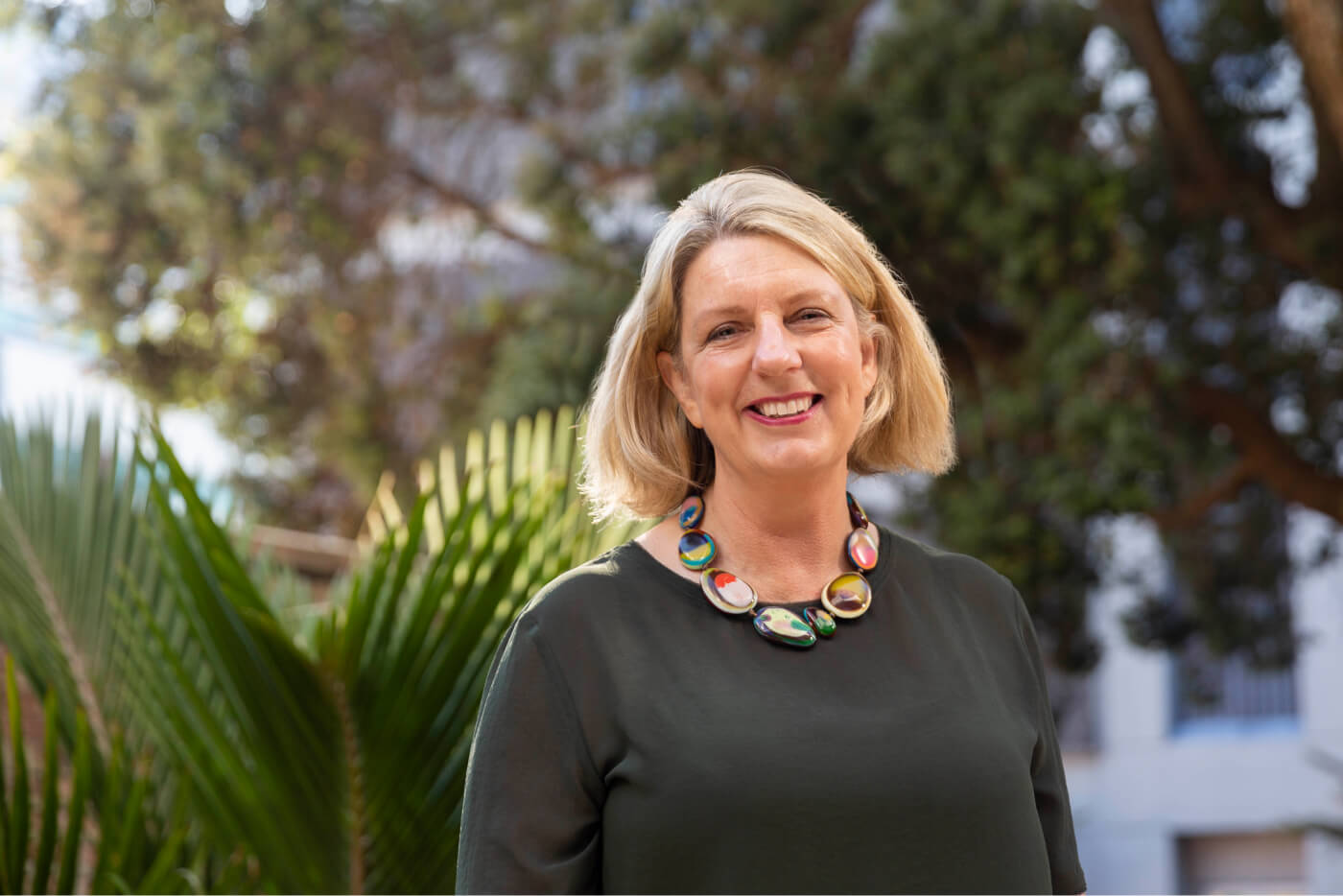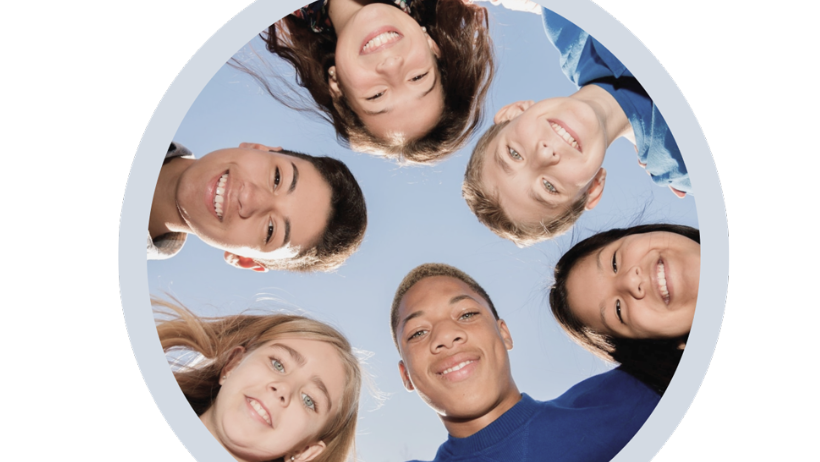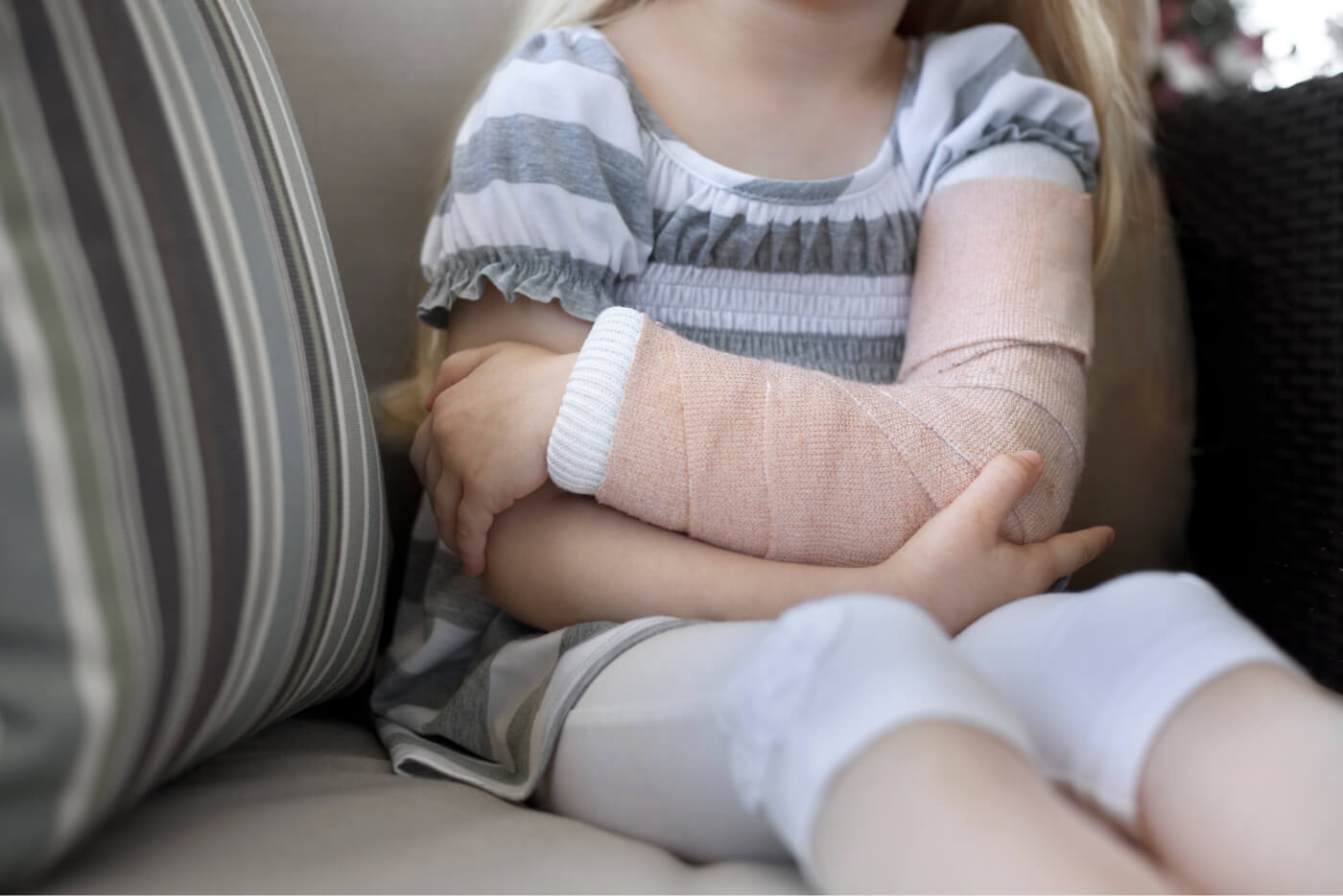German academic plunges into Te Ao Māori
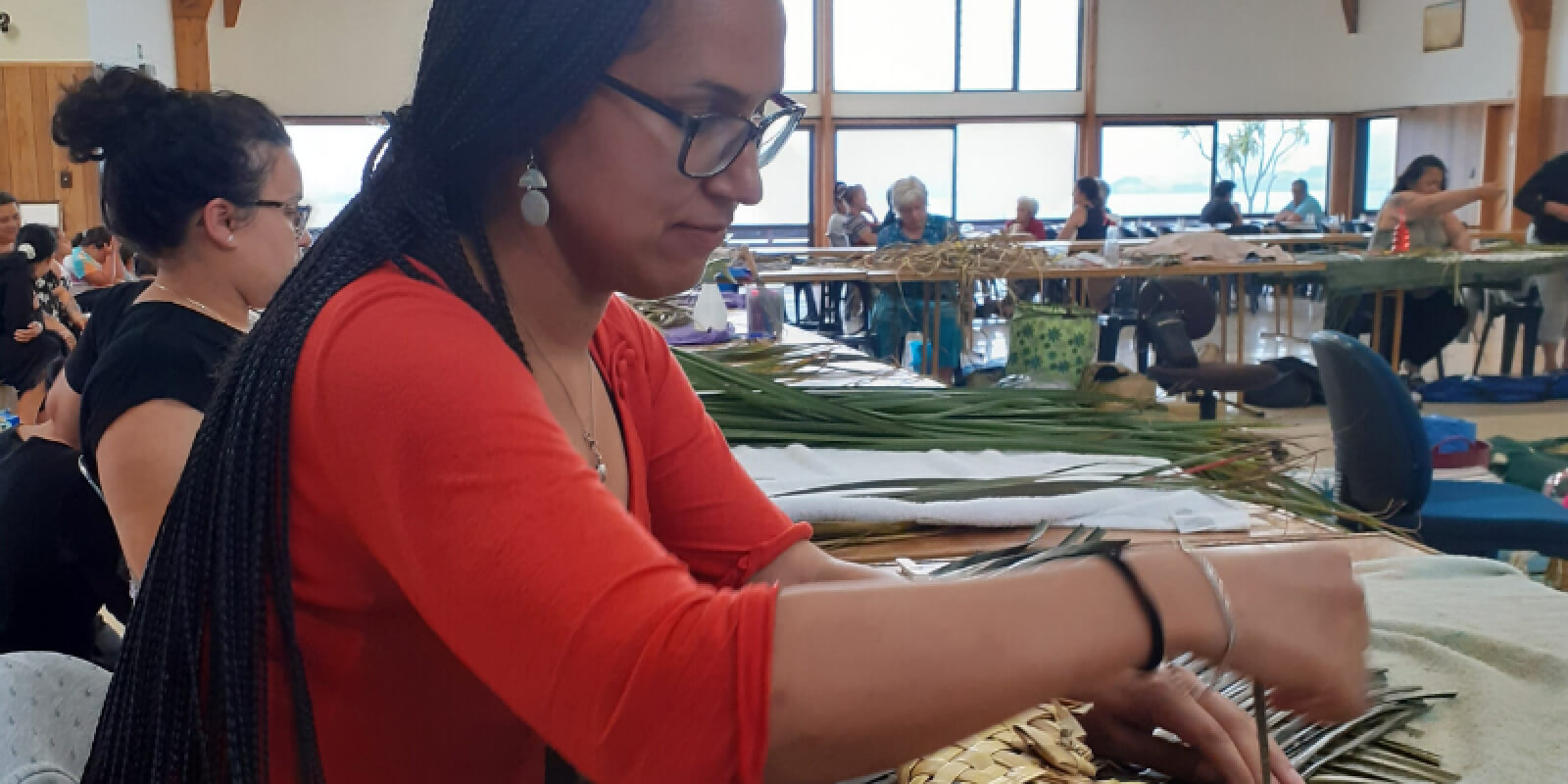
March 12, 2020
A German researcher working with Growing Up in New Zealand is deep in to learning Te Reo and says exposure to the Māori world has changed her life.
A German researcher working with Growing Up in New Zealand is deep in to learning Te Reo and says exposure to the Māori world has changed her life.
Dr Denise Neumann came to New Zealand to work as a Research Fellow with Growing Up, but in her spare time is studying Te Reo Māori at Papatūānuku Kōkiri Marae in Māngere, Auckland.
“I came to New Zealand because this huge study, Growing Up in New Zealand, leads internationally and is representative of the diverse population of Aotearoa, and that’s fascinating. Plus, it’s designed to inform policymakers to make a difference, which is great.”
She says while her work drew her to New Zealand, she has been captured by a love of the Māori world, Te Ao Māori, while she’s been here.
“I admire Māori culture. It’s unique heritage, knowledge and value. I love how it’s thriving here, and I am trying to engage with it in every way I can,” Dr Neumann says.
“My teacher and the marae have established such supportive and safe learning environment – I’ve not seen anything like it before.”
Dr Neumann he is applying Te Reo to her research and also to her life.
That has taken her into harakeke weaving, where she’s learnt to produce traditional kete, hats and backpacks.
“The patterns of weaving are incredible. The techniques are brilliant and it’s a very creative and therapeutic thing to do. When I meet experienced weavers and see their work, I’m in awe.”
Dr Neumann is also volunteering for a project which supports Māori and Pasifika rangatahi to pursue education.
“I hope this is a way for me to give back a little while I am here,” she says.
Dr Neumann’s work for Growing Up in New Zealand in 2020 will focus on the mental wellbeing of children and their caregivers. She is currently working as part of the wider team preparing to engage with the children and their whānau when the children are between 11 and 12 years old.
“The research area I’m working in looks at the children’s cognitive abilities, how much stress they are experiencing, and whether they are anxious or depressed, but also what helps them to overcome challenges in their lives,” she says.
Dr Neumann’s last major piece of research in Germany was a longitudinal (long term) study looking at cognitive functioning in adults with chronic kidney disease.
“It’s been known for a while now that chronic kidney disease can cause cognitive impairment, so we looked at two types of dialysis treatment to see what affect – if any – they had.”
Professor Susan Morton, the Director of Growing Up in New Zealand, says that Dr Neumann’s contribution as a researcher will be invaluable.
%201.svg)
